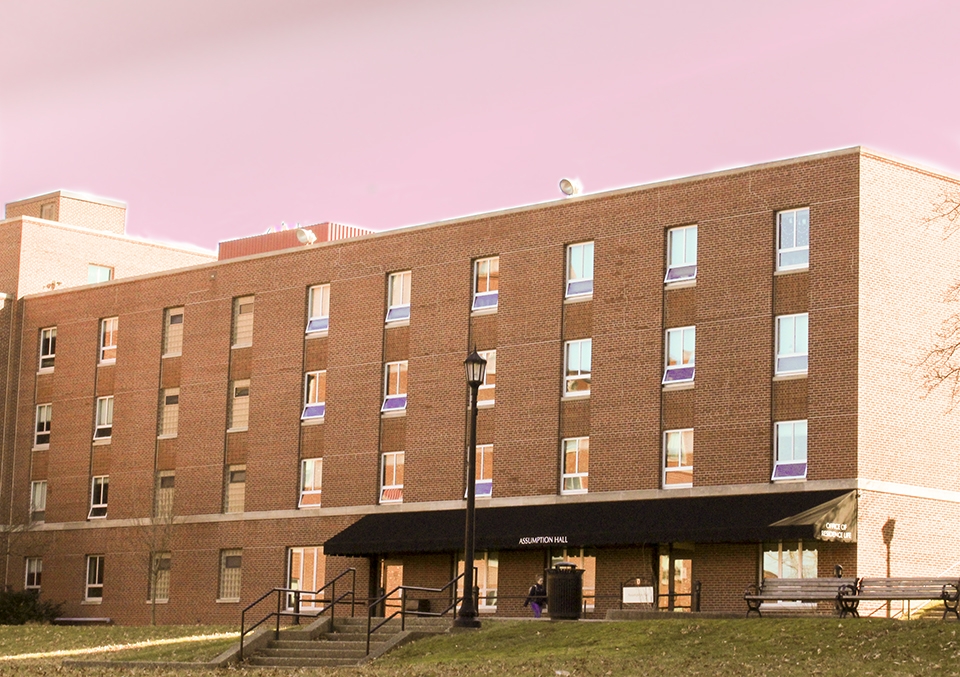
By: Rebekah Devorak | Opinions Editor
When it comes to the least threatening people in the world, bookshop owners are probably up there with little old ladies and babies.
But for China, unregulated bookstores are just about the scariest things there are.
BBC reports that over the past two months, five men have been kidnapped from the Causeway Bay Bookstore. The latest to vanish, Lee Bo, was last seen going to a warehouse to collect donated books. Lee called his wife days later from Shenzhen – a city in mainland China – to say he “wouldn’t be home so soon” and was voluntarily “assisting in an investigation.” But his permit that allows Hong Kong citizens to enter China was still at home.
While there is no word regarding why these men went missing, many in Hong Kong believe that the Chinese government is unlawfully flexing its muscles to undermine the country’s independence.
The entire scenario sounds like something out of a mystery movie. But here’s the kicker that explains everything: Causeway Bay is known for selling books that are anti-Chinese government.
China has no right to perform its harsh censorship on Hong Kong residents. While Hong Kong is technically a part of China, the nation has its own legal, political and economic systems that are independent.
Among those independent rights are freedom of speech and freedom of press. Those are things that are not looked upon favorably by the larger counterpart, whose famous Google controls block any unsavory view of China.
But what if something like this were to happen in the United States, a country touted as the “land of the free?”
Surely, the idea seems preposterous at first. Why would the U.S. discipline citizens for writing offensive content – like Causeway Bay’s book on the married president’s former mistresses – when freedom of speech and press is guaranteed by the First Amendment? It’s just as irrational as if Denmark authorities kidnapped scores of people in Greenland because they wrote about not liking rye bread.
It’s not as crazy as it seems.
The U.S. doesn’t go as far as abduction, but CNN reports that President Barack Obama has used the Espionage Act to prosecute whistleblowers more than all other administrations combined. These whistleblowers – such as Edward Snowden, Julian Assange and Barrett Brown – are not without controversy.
But what they are getting in trouble for is not dissimilar to the Causeway Bay owners’ situations. Basically, the informers released data and records to the press that shed unflattering light on the U.S., and they were punished for it. China was embarrassed because someone finally decided to call the nation on its behavior, and the bookstore workers disappeared.
That’s not all, though. The U.S. Department of Homeland Security is also allowed to spy on reporters through social media. As long as they use it in real time to keep audiences updated, the department can collect and retain whatever information it chooses.
How are journalists supposed to supply the masses with factual information – harsh or otherwise – if their moves are being monitored by Big Brother? The fear of being penalized by the government could be enough to force some media members to withhold their findings. No one benefits from that situation.
People expect this laughable behavior from China. The nation’s antics are not restricted to this one event. However no one expects it from the U.S., and because of that it is possible some don’t even realize it is happening.
But it’s sobering once you do realize that these are two of the most powerful countries in the world. These are the countries that developing nations are looking to for guidance.
And what we are showing them is that a government can make all sorts of promises, from no taxes to freedom of speech, but are only required to enforce them when it benefits that country’s agenda.
These nations must take responsibility for all of their actions instead of going after the citizens who force them to do so.



